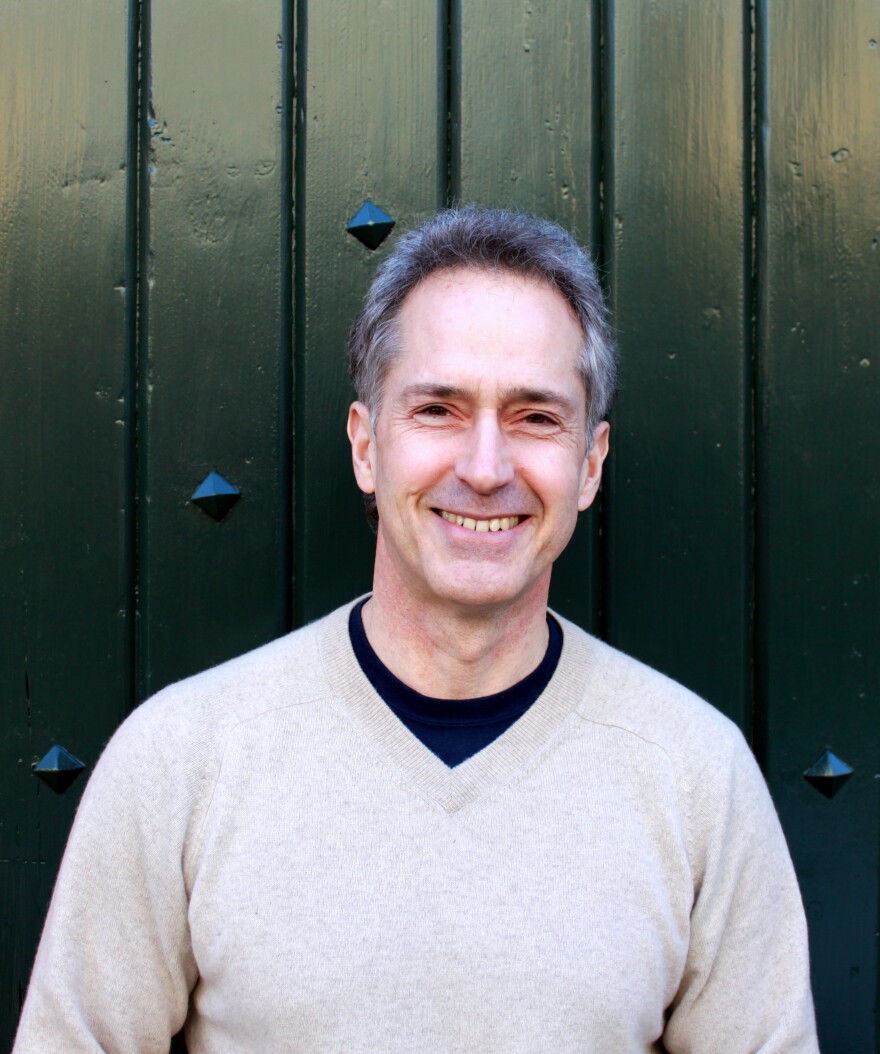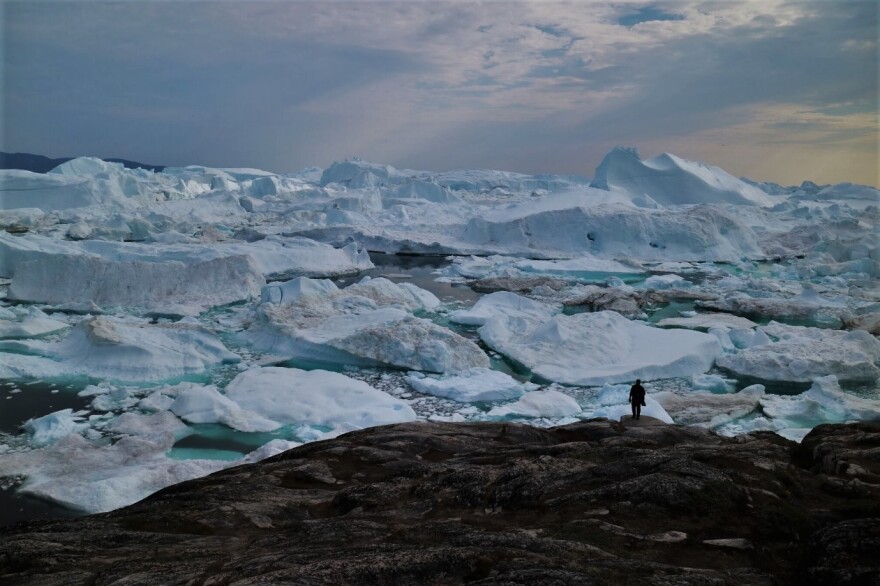Marcus Carson says the Arctic is being affected by climate change twice as fast as the rest of the planet. And he says that will eventually have global consequences. The Kalamazoo native and graduate of Kalamazoo College is a researcher at the Stockholm Environment Institute in Sweden.
Carson will speak Friday, November 4, in Room 1910 of Sangren Hall at Western Michigan University. His presentation, "Climate Change in the Arctic, Effects on America, and the 2016 Election," is cosponsored by WMU's Interdisciplinary Climate Change Working Group and its Institute of the Environment and Sustainability.

Carson says scientists have identified the forces behind climate change but it is politics that will get something done about the problem. Or not. Carson says the results of elections in the U.S., especially the presidential race, will affect the entire world. And Carson says there's a stark difference between the two main political parties when it comes to climate change.
"The two parties stand at opposite ends of the spectrum, with one party being led by somebody who claims that climate change is a Chinese hoax and another who's sort of embracing climate change as a serious problem that we need to do something about."
Within the Republican Party, Carson says there's conflict pitting those seeking "market-based" solutions against those who deny that the problem even exists. He's especially critical of Michigan Congressman Fred Upton (R-Saint Joseph), the chairman of the powerful House Energy and Commerce Committee, whom Carson says has become a climate change "denier."
Carson has also written about the effectiveness of local action to influence climate change policies.
According to Carson, the Arctic region is especially sensitive to the effects of fossil fuels and greenhouse gasses.
"When you get snow melting (and) sea ice disappearing, it reduces the reflectivity of the region there, and so you get a feedback loop that begins to heat up much more rapidly."

The effects so far include a lack of snow for Alaska's annual Iditarod dogsled race and buildings collapsing because the permafrost under them is melting. But Carson says what happens in the Arctic won't stay in the Arctic. He points to changes observed in earth's rotational axis linked to melting of the ice sheet covering much of Greenland. That's on top of the threat rising sea levels pose to coastal areas and island communities.
Carson says the U.S. needs to build on progress made at international climate change summits. He says that includes support for the Obama administration's "Clean Power" plan, which has run into opposition by Republicans at the state and national levels. And Carson says the world must end the use of coal as a source of energy.
Have we reached a "tipping point" on climate change? Some scientists say there is now no way to avoid massive climate disruptions. Unfortunately, Carson says tipping points are almost impossible to see before you've already passed them. However, he remains optimistic about the future, saying, "It does not good to be pessimistic." He says the world is making progress switching to clean sources of energy, even if that process is not as fast as some would like.
You can stay in touch with WMUK news on Facebook, Twitter,and by signing up for our eNewsletter.





